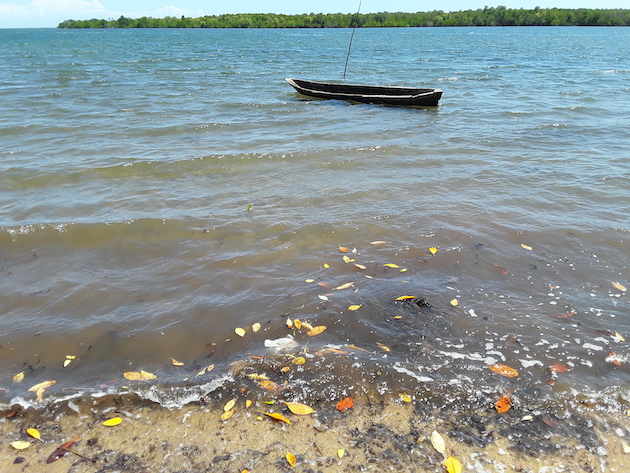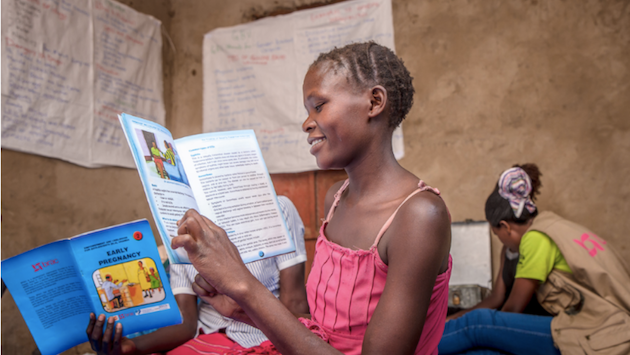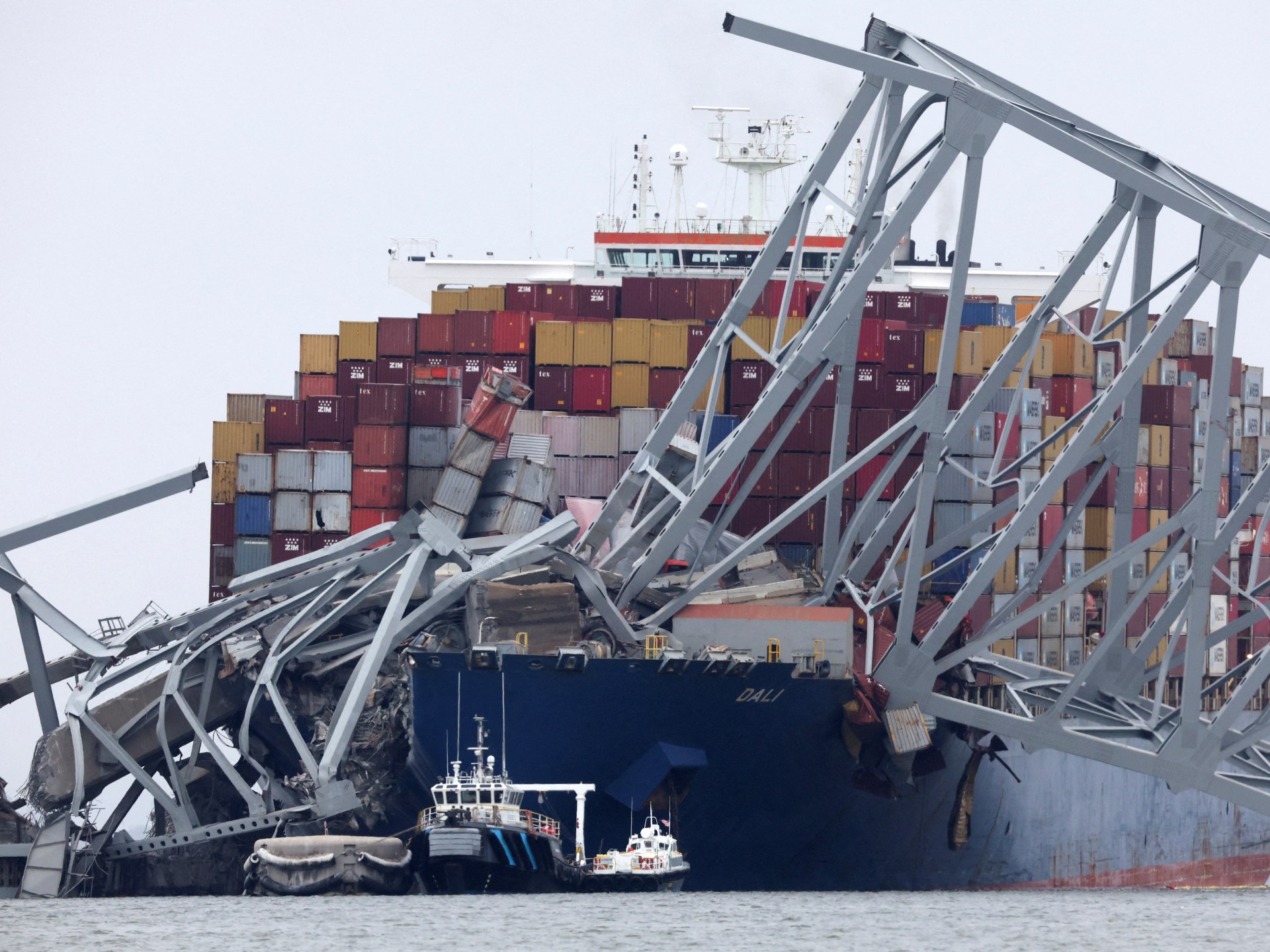Carbon Market Greenwashing Systems Deepen Inequalities in Global South
NAIROBI, Nov 10 (IPS) – Somalia, Syria, DRC Congo, Afghanistan, Yemen, Chad, South Sudan, Central African Republic, Nigeria, and Ethiopia are the 10 countries at greatest risk of climate disaster globally despite collectively contributing just 0.28 percent of global CO2 emissions. A climate-induced humanitarian crisis continues to unfold across these countries and many others in the global South, including Kenya, which declared drought a national disaster in September 2021.
Flash floods, failed rainy seasons, severe food insecurity, and climate-induced health disasters such as cholera are becoming frequent, and their debilitating effects are increasingly difficult to mitigate. In late 2022, for instance, floods caused extensive damage to farmlands in Nigeria, and projections show 25 million Nigerians could face high levels of food insecurity by the end of 2023.
Against this backdrop, there is growing concern that the carbon market has failed Africa and other developing countries in the global South. Governments and companies created carbon market systems to address their greenhouse emissions – a trading system in which carbon credits are sold and bought. One tradable carbon credit is equivalent to one tonne of carbon dioxide, or the amount of different greenhouse gases reduced, sequestered, or avoided.
Fadhel Kaboub, a Tunisian economist based in Nairobi, a senior advisor with Power Shift Africa and the President of the Global Institute for Sustainable Prosperity, tells IPS, “Carbon credits are pollution permits that allow global North polluters to continue polluting while offering financial crumbs to the global South. They displace vulnerable communities from their ancestral territory and pastoral land. They enrich middlemen and speculators.”
Kaboub, who is also an Associate Professor of Economics at Denison University, says, “Through the dominant market power of the corporations that buy these pollution permits, they pass the cost of the carbon credits on to their customers, many of whom are actually in the Global South, so we end up paying for it indirectly.”
There are experts, however, such as those powering the Africa Carbon Markets Initiative (ACMI), who are proactively promoting the carbon market systems as a powerful tool to deliver carbon justice. And for developing countries to accelerate socio-economic development by leveraging on selling carbon while transitioning to a low-carbon economy.
ACMI seeks to capture more of Africa’s potential in carbon markets by addressing the challenges to voluntary carbon market growth and building the foundations for a thriving voluntary carbon market ecosystem in Africa by 2030. Its priority areas are “not only on driving decarbonisation activities but also on driving economic development by supporting energy access, scaling the clean energy transition, protecting forests, improving agriculture, and creating new income sources.”
However, a recent report found that “ACMI’s growth target would allow big private companies to emit an additional 1.5-2.5 Gigatonnes CO2e per year by 2050, more than the total emissions from fossil fuels from all of Africa in 2021 and double the entire annual CO2 emissions from all of sub-Saharan Africa.”
IPS reached out to ACMI for comment, but it had not come back to us at the time of publication.
This week, JSE Ventures launched South Africa’s first carbon market at the Johannesburg Stock Exchange.
But carbon trading is not universally seen as a panacea to addressing global warming.
South African-based Dr Shehnaaz Moosa, the director and head of finance hub at SouthSouthNorth, which is a climate change non-profit organisation, tells IPS that carbon markets have the potential to either reinforce or mitigate historic structural inequalities between the global North and South.
“But given the dismal failure of the Clean Development Mechanism and the greenwashing of the voluntary carbon market, I am in the camp that believes it will reinforce these deep inequalities. The carbon market allows big polluters to keep doing so with no overall reduction in their emissions. Local projects in the global South that reduce carbon are exploited with no real benefit accruing to the communities.”
Moosa, who also lectures in Chemical Engineering at the University of Cape Town, says carbon trading must be seen for what it is, “a lot of hot air to legitimise the continued production of greenhouse emissions. We keep hearing the rhetoric that depending on how the market is structured, it will be of benefit, which is a Northern narrative, and there is no way to structure exploitation that will make it equitable because it is exactly what carbon trading is: exploitation.”
Kaboub affirms, citing a recent investigation that found that the majority of carbon offset projects essentially amount to greenwashing fraud – making false or misleading statements about the environmental benefits of a product or practice – that does nothing to reduce greenhouse gas emissions. Stressing that this is one of the most disturbing climate finance false solutions and dangerous distractions.
Moosa and Kaboub emphasise that the cause of disagreement is that carbon markets are attractive to high polluters as they enable wealthy industrialised nations and corporations to maintain carbon-intensive and climate-warming practices while transferring their emission reduction duties to Africa. Stressing that it is time to explore other climate financing mechanisms and bring into full effect the Polluter Pays Principle – one of the key principles underlying the European Union’s environmental policy.
The principle demands that polluters bear the costs of their pollution, including the cost of measures taken to prevent, control and remedy pollution and the costs it imposes on society. As such, polluters are incentivised to avoid environmental damage and are held responsible for the pollution that they cause. It is also the polluter, and not the taxpayer, who covers the cost of remediation.
Moosa is particularly focused on Loss and Damage, “while the Loss and Damage funding arrangements are being designed, we do not need to be distracted by a concept that only works for the big polluters. The developing countries’ energies should be directed to Loss and Damage and Adaptation finance because there cannot be climate justice until climate injustice is addressed. The global North has a long way to go to address these injustices, and carbon markets are not a way to do it.”
Kaboub agrees, calling for a need to steer clear of the carbon market as African countries that have not contributed to climate change and who are, in fact, the victims of climate-induced shocks are now being forced to give up territorial sovereignty over large swaths of land to foreign corporations to issue pollution permits – adding that this is a new form of colonialism.
IPS UN Bureau Report
Follow @IPSNewsUNBureau
Follow IPS News UN Bureau on Instagram
© Inter Press Service (2023) — All Rights ReservedOriginal source: Inter Press Service
Check out our Latest News and Follow us at Facebook
Original Source







